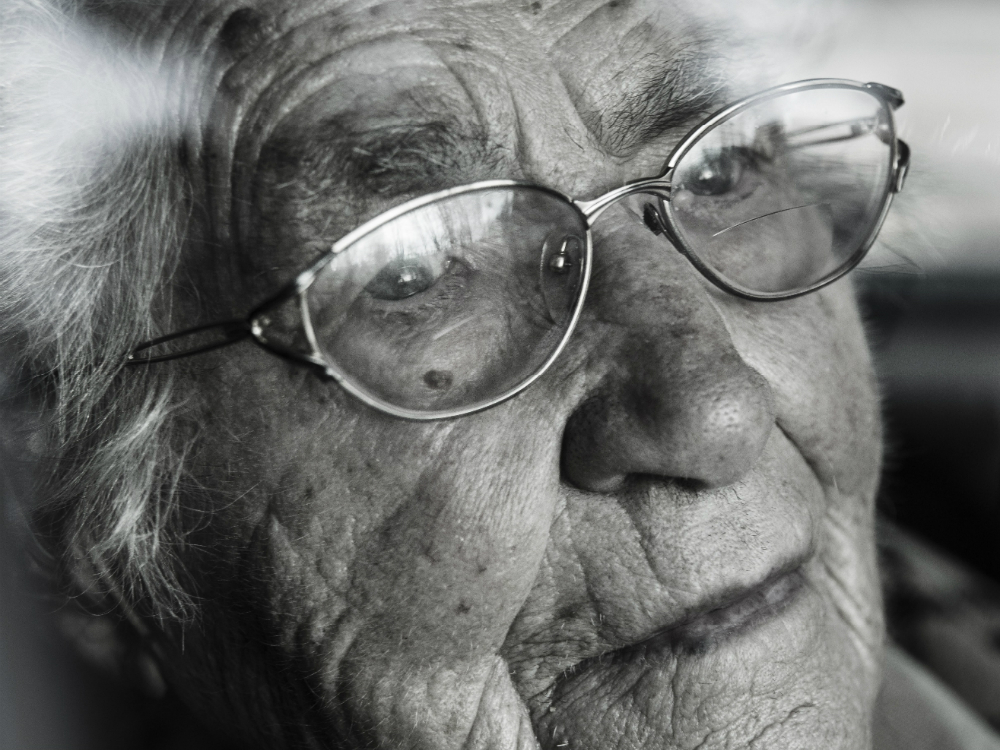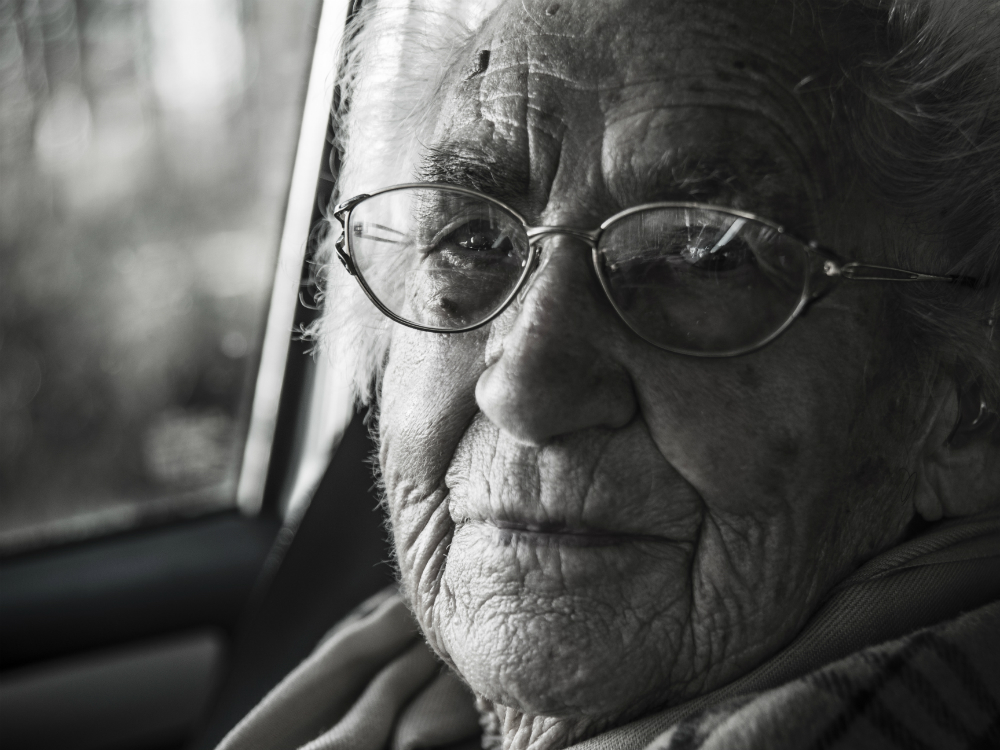#BREAKFREE Week Three: Ageism
It's the third week of our #BREAKFREE campaign - and we're tackling the misogyny that underlines ageism...

It's the third week of our #BREAKFREE campaign - and we're tackling the misogyny that underlines ageism...
Our population is ageing - an exilir of free healthcare, first world problems and presumably an apple a day has us expected to reach 81 and a half before we start kicking over any buckets. It's predicted that if you were born after 1980, you'll have to work until you're 69 or 70 before you can retire. And the population of over 60s in the UK is supposed to double by 2050.
Why then, if we're all getting older and wiser together, do women's careers plateau at 45? Why have unemployment levels for women over 50 soared from 105,000 to 904,000 since May 2010 - while unemployment levels for men of the same age have remained largely unchanged? And why are just 18 per cent of TV presenters over 50 female?
'There is also no scenario in which women over the age of 49 aren't punished,' reports Bloomberg. 'Across all job types, sales and administrative, [there is] "unambiguous" age discrimination against women in older age ranges when compared to younger women.'
From the grandparents you reluctantly call on birthdays, to the 70something who you mentally berate for standing on the 'wrong' side of the escalator, we need to reassess our approach to ageing.

'Older women may in fact experience more discrimination than older men, because physical appearance matters more for women and because age detracts more from physical appearance for women than for men,' explain researchers from the National Bureau of Economic Research, who carried out a study into gender and ageism earlier this year.
In other words, the thing that's holding women back isn't the fact that we get old (believe it or not, men get old too) - it's the fact that when we look old, we're judged for it, while men are not.
Celebrity news, beauty, fashion advice, and fascinating features, delivered straight to your inbox!
Of course, other factors are at play too - the fact that 86% of mothers take on the majority of childcare, which often has a direct impact on their career trajectory later in life, or the fact that over half of the British population admits to having no friends over the age of 70. Furthermore, in a recent study, the majority of Britons admitted that they thought old age started at 59, while in Greece they generally believe it kicks in at 68. Similarly the majority of people in the UK think youth ends at 35 - versus 52 in Mediterranean countries.
Which is why this week, we're taking a stand against ageism, and its inherent misogyny. With the help of our ambassador, Suzi Grant, we'll be exploring what it means to grow up.
Find out more about our #BREAKFREE campaign here.
The leading destination for fashion, beauty, shopping and finger-on-the-pulse views on the latest issues. Marie Claire's travel content helps you delight in discovering new destinations around the globe, offering a unique – and sometimes unchartered – travel experience. From new hotel openings to the destinations tipped to take over our travel calendars, this iconic name has it covered.